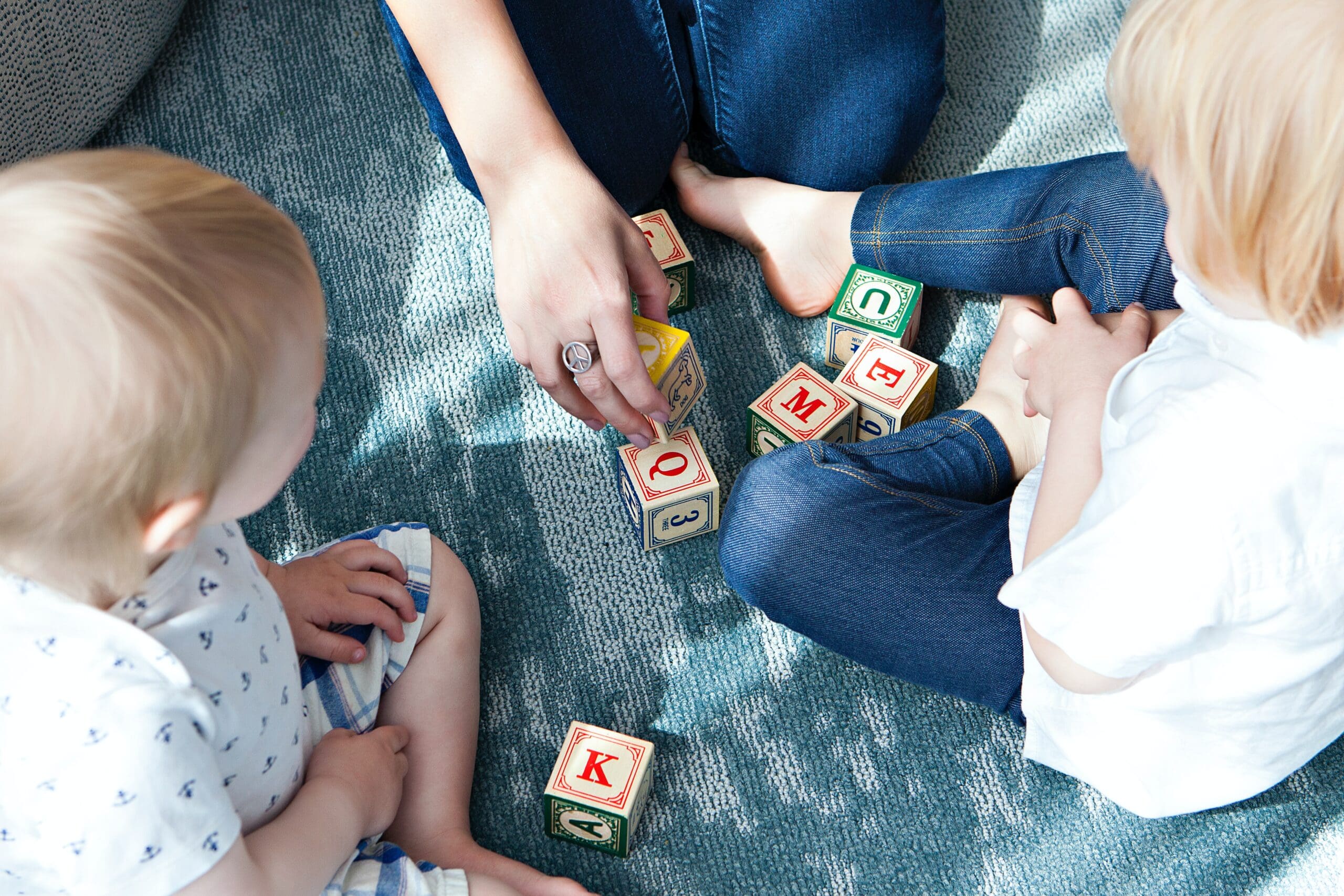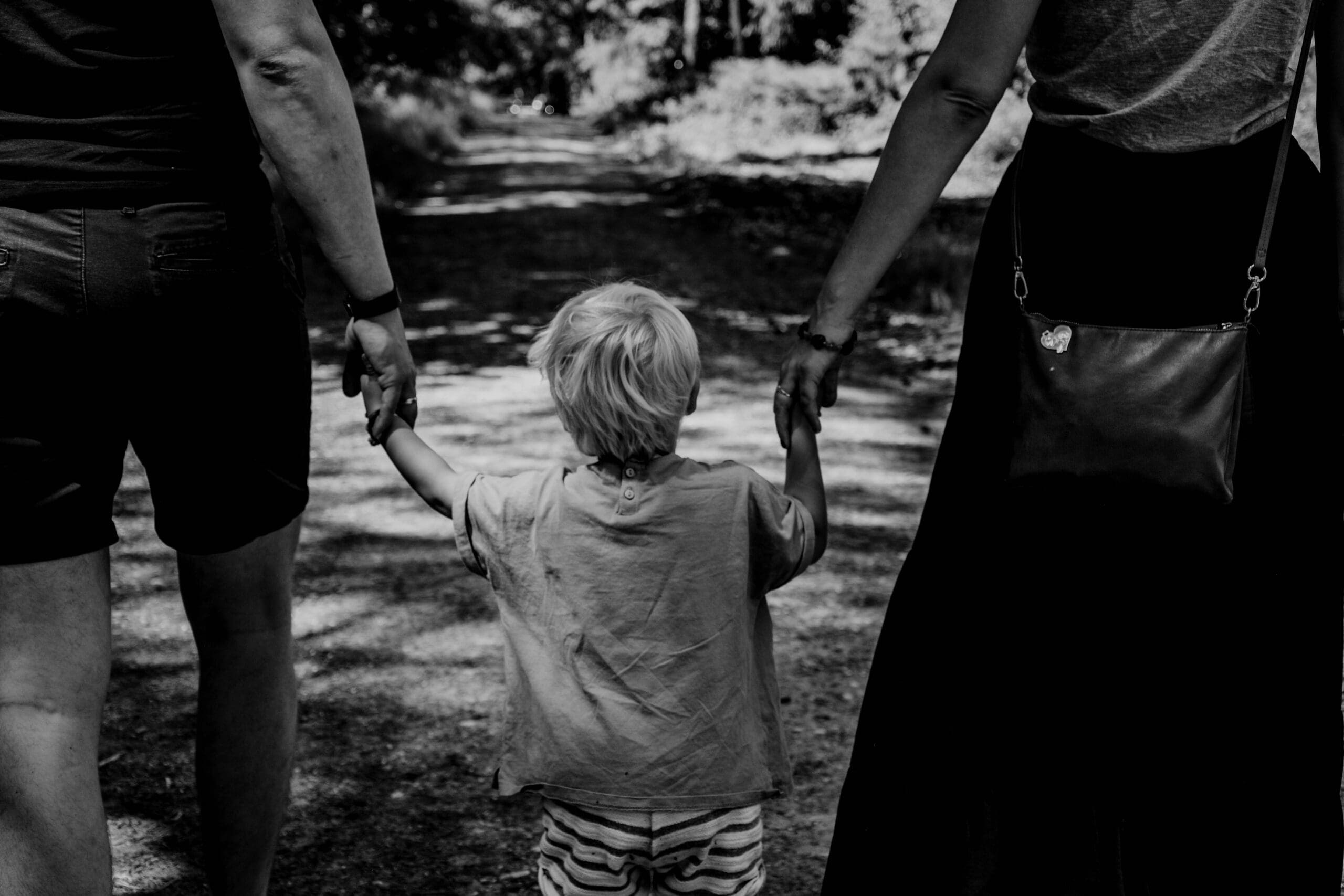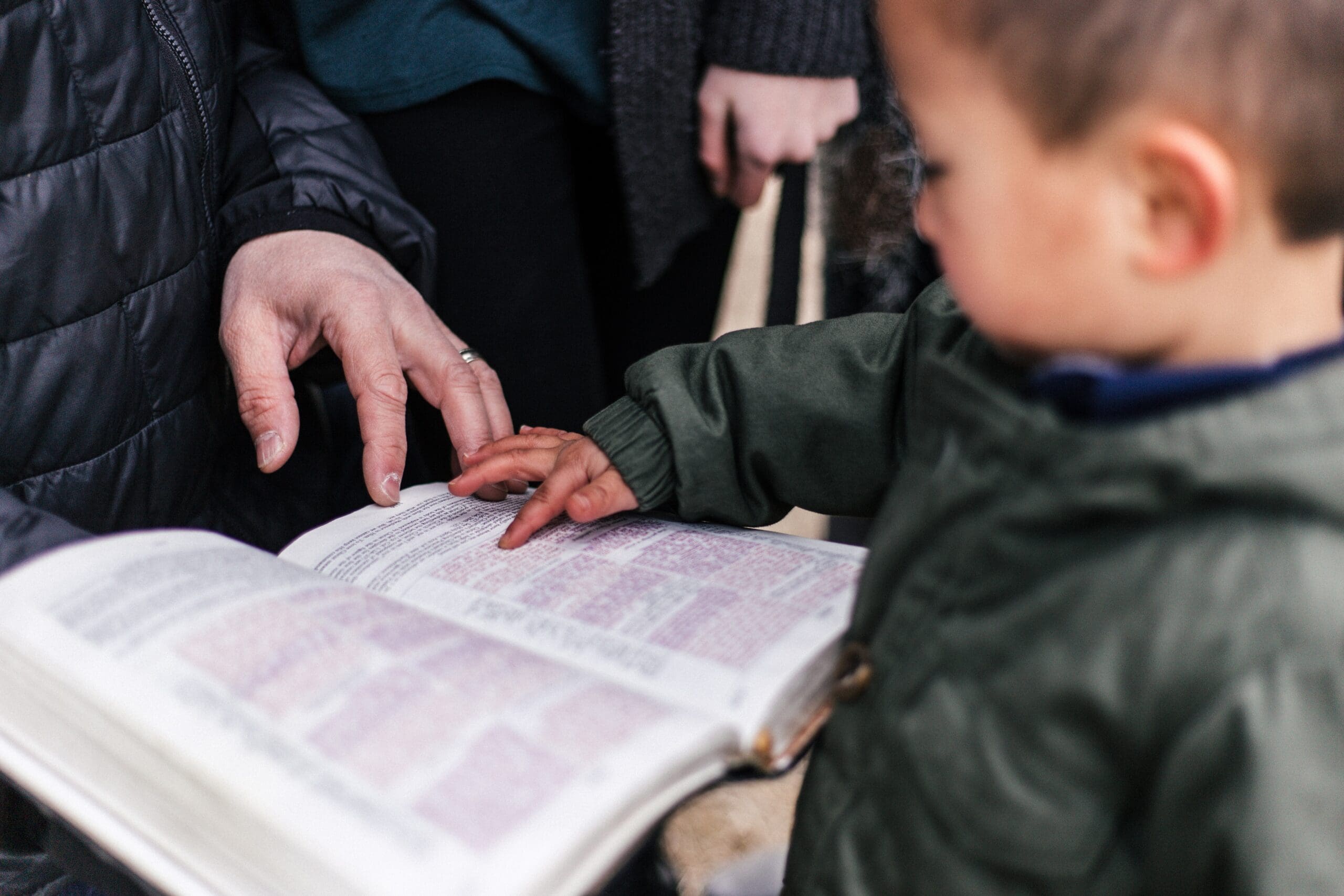Principle: Recognizing what you are unable to do is essential to good parenting.
Many parents have been there before. Your child is acting up in the grocery store, and you feel the embarrassment of blood rush to your face. In an act of discipline and punishment, you either grab or yell at your child, probably not softly but maybe even harsh and angry. You retreat to thoughts of punishment, better discipline, and better parenting because we have to help them change. You may even think to yourself, “It’s my job to ensure that they do what is right.” Paul Tripp says, “that the assessment that your child needs to change is correct.” Also, “the commitment to work for that change is right also.”
As parents, it is our job to teach our children good behavior and to raise them up in the Lord. After all, that is what God holds us accountable for. Tripp goes on to say, “If you are going to be what God has designed you to be as a parent and do what he’s called you to do, you must confess one essential thing.” This confession will help parents in the way we react and act towards our children. The confession is: you have no power whatsoever to change your child. If one human being had the power to change another there would be no need for Jesus’ death and resurrection. “The incarnation, life, death, and resurrection of Jesus stand as clear historical evidence that human power for change does not exist.” Further, parents themselves need Jesus’ grace and forgiveness, not to mention His wisdom in dealing with our children.
“Parenting is not about exercising power for change in your children. Parenting is about your humble faithfulness in being willing to participate in God’s work of change for the sake of your children.” God has granted parents the authority for the work of change, but not the power of change. Parents may fall victim into thinking they have brought about change because of giving rewards or speaking loudly, but this could end up being temporary. We sometimes use rewards, fear, or shame as a way to get our children’s attention. Tripp says, “You can temporarily buy them off or scare them off, but what needs to change for lasting change to take place is something inside them.” Parents are dealing with something deeper within, namely a heart change. We simply do not have the power to change another person’s heart, much less our children.
For some parents, this may be discouraging. Many hours are spent disciplining and trying to teach virtuous things that will prepare them life ahead. Nowhere in God’s Word did he task parents with the responsibility to create change in our children. Does that mean we should not discipline our children? Absolutely not. The Bible also instructs parents to discipline their children and raise them in the Lord. However, “Good parenting is about becoming okay with the fact that you are powerless to change your child. In fact, good parenting is about celebrating the fact that God has never and will never put the burden of change on you.” God bore that burden for us by sending Jesus Christ who is the author of lasting personal change.
Parents are to be willing instruments and tools in God’s hand. We can admit our utter powerlessness and embrace our inability. Why do that? “Because as parents we serve a gloriously loving and powerful Redeemer. His power is unfathomable. Further, He loves our children infinitely more than we do and as evidence of that love, he has placed them in a family of faith where the story of His love will be heard again and again.”
Is our parenting driven by worry or fear that causes things to be said in a harsh manner? Do we find ourselves willing to settle for control, rather than giving ourselves to the hard process of change? Are we working to get our children to do what we want them to do instead of helping them be what God the to be? Do we parent with a powerful and loving Redeemer in view?
God has not placed the burden of change on parent’s shoulders because He would not require us to do what we cannot do. He has simply called us to be faithful and humble tools of change in the lives of our children. We are in deep need of His grace in this process. Let us challenge ourselves for the long haul, to lean on Him while we parent for His glory.
Information taken from the book: (Parenting: 14 Gospel Principles That Can Radically Change Your Family) by Paul David Tripp











